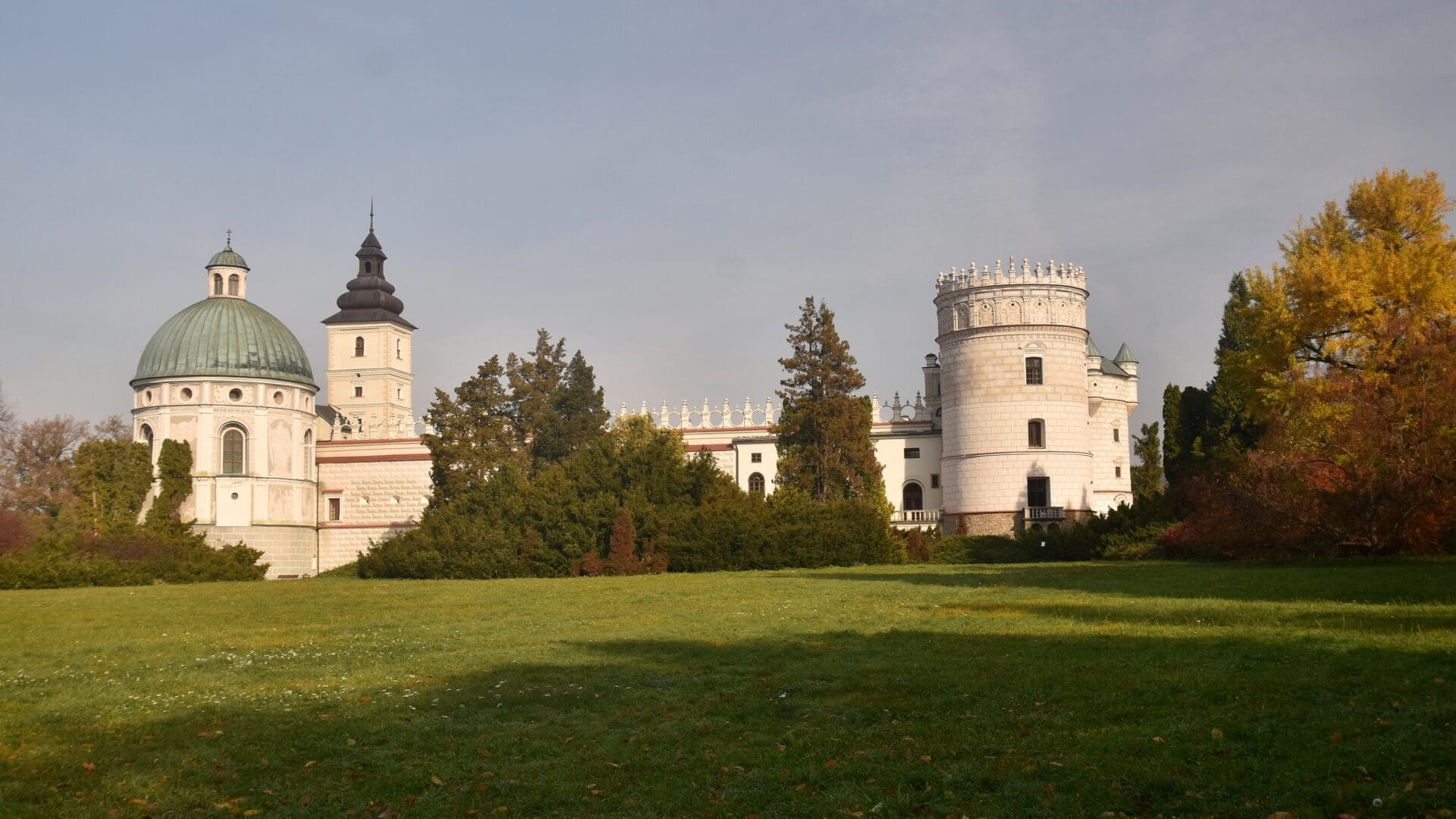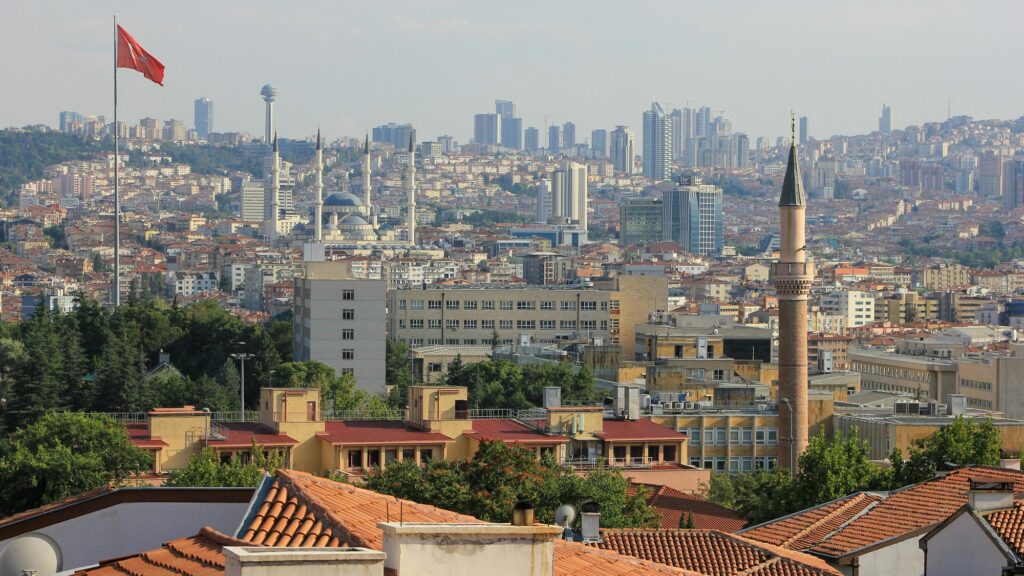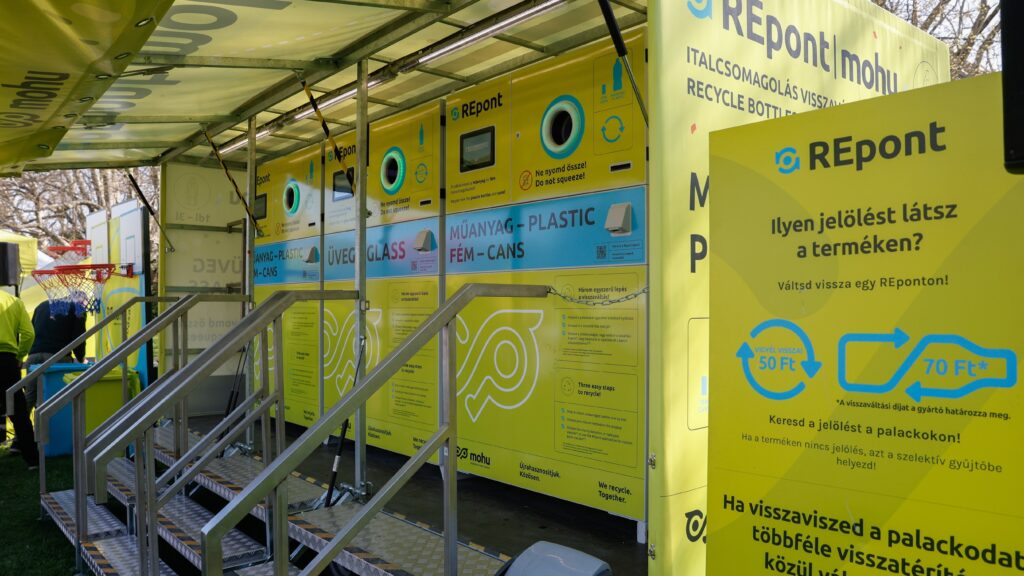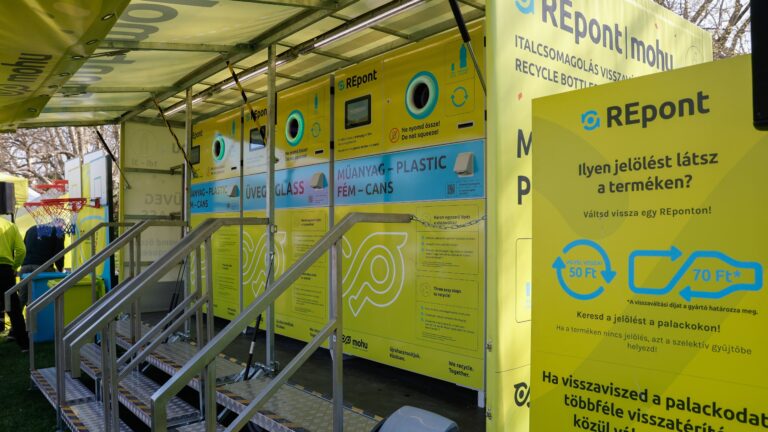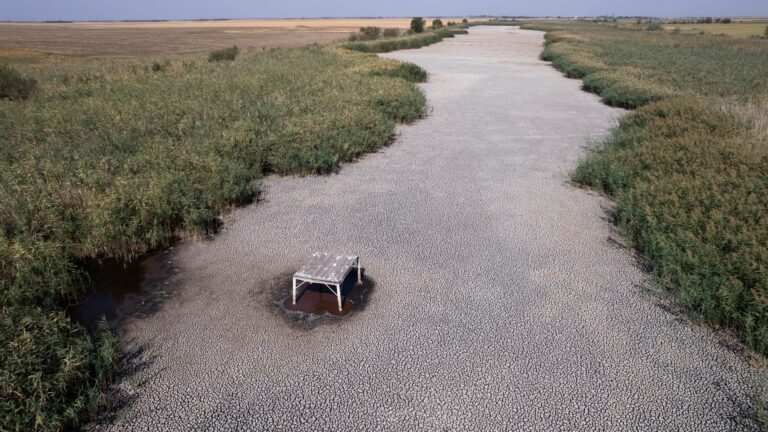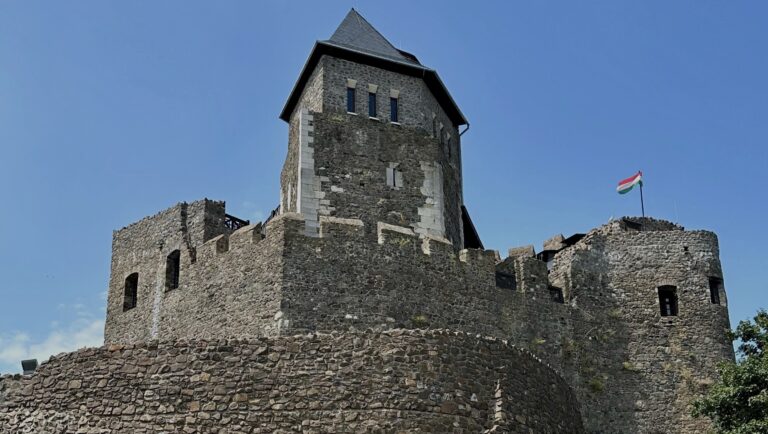The sixth Summer University of the Wacław Felczak Institute in Krasiczyn Castle in southern Poland started on Wednesday, 30 August, with young leaders from all four Visegrád Group nations in attendance. The aim of the leadership skills development summer academy is to facilitate the understanding of each nation’s viewpoints among young participants through various programmes, with the goal of eventually building a stronger region.
‘The meeting of Central European youth seeks to provide answers to the challenges of today’s times and can open a new chapter in regional cooperation,’ stated Head of the Polish Prime Minister’s Office and Minister Marek Kuchciński on Thursday evening at the summer university held in Krasiczyn in South-Eastern Poland.
During the event, Marek Kuchciński and International Director at the University of Public Service (NKE) Ákos Mernyei planted two oak trees in the park of the Renaissance castle of Krasiczyn. One tree symbolizes the friendship of the nations in the region, while the other represents the Polish–Hungarian summer university organised in Krasiczyn since 2018,
with this year marking the first time Czech and Slovak youth also participated.
In his speech, Ákos Mernyei quoted the words of the great Hungarian poet and author Gyula Illyés, stating that ‘the tree responds to the challenges of time with its roots.’ The Krasiczyn summer university, now in its sixth year, also ‘clearly has very strong roots,’ and, like the planted tree, it needs to be nurtured further.
Kuchciński emphasised that the planting of the two oak trees in the old castle park signifies that ‘we are all participating in the history that binds the nations of Central Europe together.’ He recalled that the first oak trees were planted in Krasiczyn 400 years ago by the Sapieha noble family, continuing the Polish republican tradition, and the growth of the newly planted trees is to symbolize the direction of current actions and cooperation.
Kuchciński told Hungarian news agency MTI after the ceremony that the meeting of young people from the Visegrád Group countries at the Krasiczyn summer university
‘opens a new chapter in regional cooperation.’
The Krasiczyn event ‘seeks to provide answers to the challenges of today’s times and offers an opportunity to seek a common path,’ he emphasised.
More than two hundred students were participating in the Krasiczyn event. The five-day programme is a direct continuation of the First Visegrád Summer Academy held last week in Budapest, organised by the University of Public Service and the Warsaw-based Wacław Felczak Institute and sponsored by the Mathias Corvinus Collegium and the Batthyány Lajos Foundation.
Ákos Mernyei – Javában zajlik a V4 Nyári Akadémia a…
Javában zajlik a V4 Nyári Akadémia a Nemzeti Közszolgálati Egyetemen! Pénteken a visegrádi együttműködés történetéről, szükségességéről és a közös…
The summer university’s panel discussions addressed topics such as Central European political and economic cooperation, challenges in education and science, with the participation of scholars and analysts such as the Foreign Affairs Director of the Századvég Foundation Csaba Faragó, the Foreign Policy Advisor of the Hungarian National Assembly Office, Klára Mándli, and Foreign Affairs Director of the Nézőpont Institute, Mihály Rosonczy-Kovács.
The students had the opportunity to take part in workshops on journalism, branding, and diplomatic protocol, as well as folk dance sessions and joint sports events. Students paid their respects at the military cemetery in the nearby city of Przemyśl, at the graves of soldiers who fell during World War I, and visited the Przemyśl fortress system.
On Friday, the closing day of the summer university, the young people will engage in a discussion with Stanisław Jamrozek, the auxiliary bishop of Przemyśl, and participate in a Mass.
Related articles:
Sources: Hungarian Conservative/MTI

